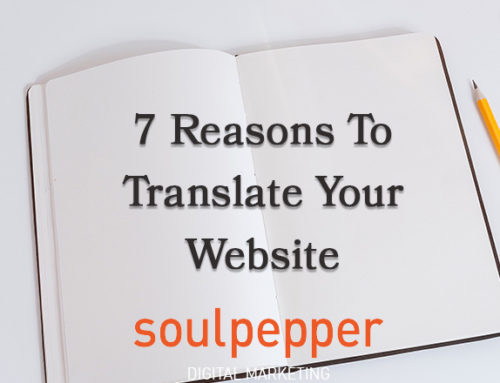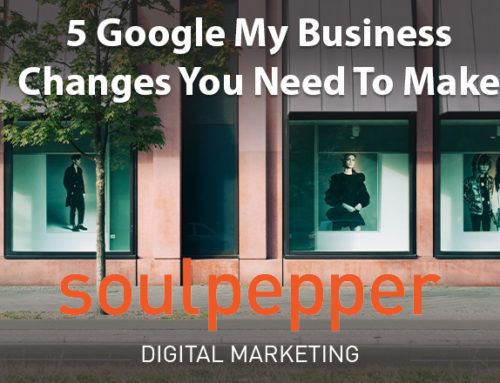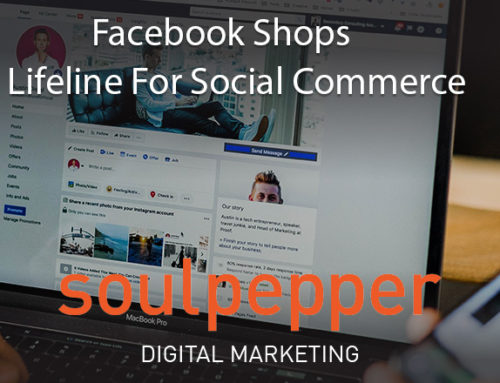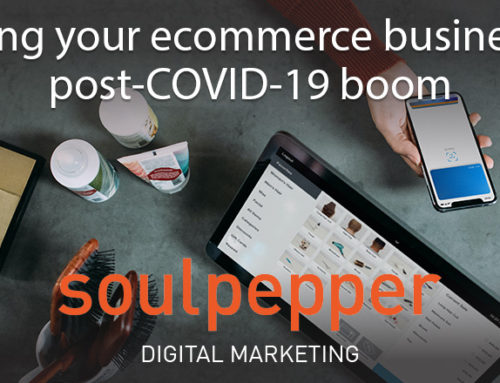It’s no secret that the soul of soulpepper is social impact. But we’d still be fumbling in the dark if it wasn’t for the B Corp organization. They have opened the doors to a new reality that’s proving what’s good for the world is good for business. So thank you Jay, Bart and Andrew, seriously.
For those who don’t know about B Corp, and why it exists, our story begins when Wall Street Investment banker Bart Houlahan and influential investor Andrew Kassoy joined Jay Coen Gilbert at a small apparel company he co-founded called AND1. Over the next eleven years they grew AND1 into a $250 million basketball, footwear and apparel corporation before deciding to sell it. That’s when things got interesting.
How did your AND1 experience influence your decision to create B Corp?
Bart Houlahan: I was the business guy at AND1 – I was focused on the business of the business – and I had watched over that eleven years, an organization that was deeply committed to its employees as a family-centric environment, to its factories overseas, and to the local community.
But within three months of the sale of the business, whatever was left of our commitment to our employees, had been stripped out by the new owners. Certainly for me, that was alarming. We spent eleven years trying to build a responsible business that within three months of new ownership had lost its way. It felt to me like there had to be a better way. If you wanted to embed mission within an organization, and make sure that purpose was maintained long term, there had to be a way a company could scale, raise capital, have a liquidity event, and know that mission was maintained long term.
How would a B Corp be different?
Andrew Kassoy: To be certified as a B Corp you have to do two things:
– Meet a minimum set of social and environmental performance standards that are built into an impact rating system.
– Build your company to last as it changes ownership, management and investors.
That’s done by changing your legal articles to include language that says that you will consider the interests of your stakeholders, not just your shareholders, when you make decisions. That’s a fundamental change in the way most people think about what a business is for. We wanted it not just written into a mission statement that people can put in a frame on the wall, but actually be part of the decision-making process everyday.
So when the board of directors of the business meets, instead of the general counsel or lawyer saying no, no, no, we can’t talk about the effect of this decision on the workers or on the environment, because that’s a violation of our fiduciary duties, we wanted that same person to be sitting in the boardroom saying we HAVE to talk about that, because actually, we’ve obligated ourselves to do that legally.
Can you define the B Corp movement for us?
Bart Houlahan: It’s not a charity. It’s not a non-profit. We exclusively focus on businesses that are using market-based solutions. The certification is only for what we call for-profit businesses: companies that are getting earned income streams principally from market-based activities.
The idea of using business as a force for good roots back hundreds of years. The challenge has been a perversion of that for a relatively short period of time. The counteraction to that has been defined by a movement that defines themselves by what they are not. I’m not big tobacco, I’m not peak oil. In the process, this community hasn’t stood for something. When we began this effort nine years ago, it was really important to us that if we thought we were going to build a global movement, we had to stand for something, there had to be a positive alternative that we were offering.
Jay Coen Gilbert: This is about market-based solutions to social and environmental problems. It’s pro-business, it’s pro-community, it’s pro-environment, by defining ourselves by what we’re for, and by not having a checklist of prohibited activities, or a checklist of prescribed things you must do to be a B Corp. By being a market-based approach where you have to meet higher standards of performance, accountability and transparency, that’s something that can attract people from a wide array of ideologies, and we think that that’s a core strength and not a weakness.
How does B Corp certification differ from Greenwashing?
Jay Coen Gilbert: This is not a membership organization where people pay dues and run around with a cool happy face sticker. It’s a certification with rigorous standards that are both difficult to do and incredibly meaningful.
Response from environmental organizations, labour organizations and business leaders around the world have said that they’re using the B Corp certification to differentiate themselves from other companies that don’t meet rigorous third party validated performance standards. So they can demonstrate that they are walking their talk, and not just paying a housekeeping fee to buy a good housekeeping seal of approval. We worry about Greenwashing all the time, which is why we exist.
What if I can’t make the legal changes required?
Andrew Kassoy: We get these companies all the time who say I’d really like to be a B Corp and I’d like to pay the fees but not do the legal – can’t you guys just make that change? It’s going to benefit you a ton to have me in this community. And the answer is no.
What advice would you give to an aspiring B Corp?
Jay Coen Gilbert: The thing we would say as a recommendation to a business that’s maybe just starting: choose the appropriate legal structure so that if and as you grow or transfer ownership to the next generation of leadership of your company, you have the legal structure that will enable the good impact that you built in your business to be built to last. – whether you ever want to get certified or not.
Then use a free tool like the B Impact Assessment as a roadmap to help you ask all of the right questions about what kind of positive impact you want to have in the world, and then do those things that are most meaningful to you. There are B Corps that are sole proprietors or with one or two people with very low revenue, so there isn’t a company that’s too small to be a B Corp!
Can I use the tools even if I’m not interested in becoming certified?
You don’t have to be part of the community of B Corp if you don’t want to. That’s part of the positive impact that we’re hoping to create in the world, because our definition of success would be when all companies are adopting mission-aligned corporate structures that require them to consider their impact on society, and when all companies are measuring their impact over time and improving it year on year, whether or not they ever choose to be certified.
What do you say to those who claim business should not be in the business of solving social and environmental problems?
Jay Coen Gilbert: When you think about the amount of economic activity that is taking place, what most of us do everyday – about 80% of the workforce – goes to work at a for-profit company. If we ignore that entire sector of the economy – where most of us spend our waking hours – as instruments of potential social change, we’re missing a huge opportunity.
It’s not that we don’t think non-profits have a role, because there’s plenty of places where the market isn’t going to reach, and a charity or government is incredibly important for reaching into those nooks and crannies. If we can come up with a market-based solution for that same problem, where there’s a customer who’s willing to pay a certain amount of money for a product or service in excess of what it costs to deliver that product or service, then that’s a much more scalable solution. If we can use business to do that, then that’s just an added tool in our tool chest.
So there you have it, straight talk from the founders themselves. If you want to find out more about the benefits of becoming a B Corp, click here.
– – –
Written by Rik Klingle-Watt
About the author
Rik Klingle-Watt is a soulpepper and the writer of Not Business as Usual, an award-winning documentary about disrupting the business quo.
soulpepper is a digital marketing agency on a mission. We help companies that are up to something good, increase leads, attract more customers and drive more dollars to their bottom line. Check out our newsletter for more great ideas on how to build your ecommerce empire.







Leave A Comment